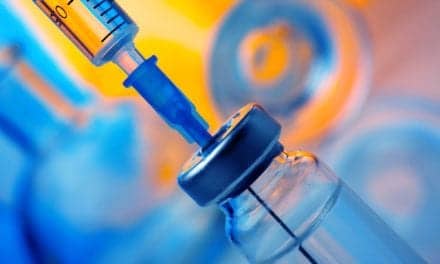AlphaVax Inc, Research Triangle Park, NC, completed process development and preclinical immunogenicity studies of its H1N1 influenza vaccine. The company plans to manufacture clinical-trial material by the end of the July 2009. According to AlphaVax, the vaccine has shown good production yields as well as excellent immunogenicity, even after just a single inoculation.
“Our vaccine platform provides several potential advantages over other influenza vaccine approaches in that vaccines can be rapidly constructed and tested, and are produced in cell culture systems rather than eggs. In addition, our vaccines do not require the use of an adjuvant, and they raise not only strong antibody responses but robust cellular responses, both of which could be important in the face of a developing pandemic where there are several variant virus forms circulating,” said Jonathan Smith, AlphaVax’s chief scientific officer in an announcement.
The announcement from AlphaVax stated, “The studies performed at AlphaVax utilized the California 04/2009 HA sequence obtained from the WHO GISAID database on April 25th. Mice inoculated with the AlphaVax H1N1 vaccine showed strong dose- dependent hemagglutination inhibition (“HI”) antibody responses. After just a single dose of the H1N1 vaccine, all vaccinated animals developed HI antibody levels considered to be protective. These responses were boosted pproximately 8-fold by a second dose given three weeks later. Responses measured by ELISA and ELISPOT assays, which assess antibody and T cell responses, respectively, mirrored the HI responses. The design of future clinical trials of this vaccine will be based on two previous successful influenza vaccine trials run by AlphaVax, one carried out in healthy young adults and the other in an elderly population.”
“AlphaVax will begin GMP-compliant manufacturing of this vaccine for clinical testing next week, which is less than 3 full months from our initial receipt of the gene sequence from the WHO. We are currently scaling up the process used to manufacture VRP vaccines and anticipate yields up to 1 million doses of pandemic influenza vaccine per lot at the 1,000 L bioreactor scale,” said Andrew Graham, AlphaVax’s vice president for development and technical operations.








